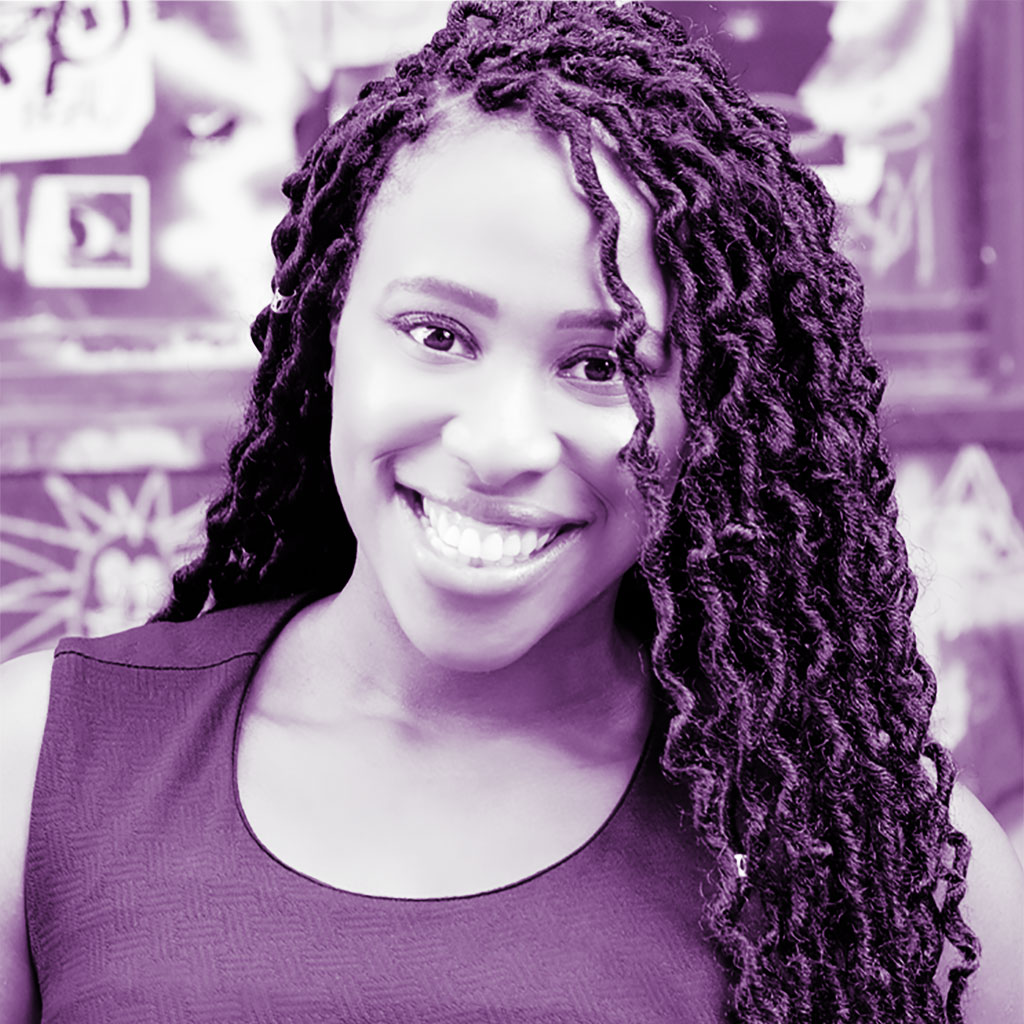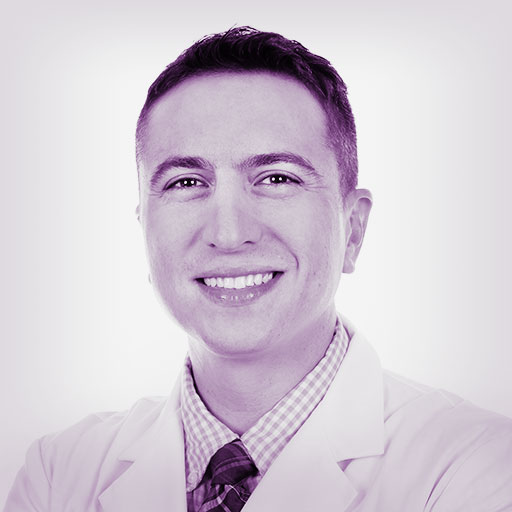Episode 62: How Uterine Fibroids Can Impact Fertility
February is Black History Month, and unfortunately, uterine fibroids have a disproportionate impact on African American women. Uterine fibroids are noncancerous tumors that grow in or around the uterus, and while they usually cause no harm, they can have an impact on fertility.
In today’s episode, we hear from Amelia “Mimi” Brown, who shares her complex infertility journey. After a year of failing to conceive naturally, Mimi decided it was time to visit a doctor, which is when she was diagnosed with both PCOS and uterine fibroids, and her husband was diagnosed with male factor infertility.
Over the past seven years the couple has experienced five failed rounds of IUI, multiple surgeries to remove fibroids, unsuccessful IVF embryo transfers, and devastating pregnancy losses.
Although Mimi is still on her journey, she continues to use her career as a motivational speaker and her online presence to uplift others experiencing infertility. She is also in the process of writing her upcoming book Laugh Out Loud Infertility: Stories to Crack You Up While Trying to Get Knocked Up.
We also hear from Dr. Enrique Soto, a fertility specialist from IVFMD, who explains everything we need to know about uterine fibroids, including the various types, treatment and removal options, and their impact on fertility.
Guest: Amelia “Mimi” Brown
Expert: Dr. Enrique Soto, IVFMD
Host: Selena Campbell, Manager of Member Services at Progyny
For more information visit Progyny’s Podcast page and Progyny’s Education page.
Be sure to follow us on Instagram, @ThisisInfertilityPodcast and use the #ThisisInfertility.
Have a question, comment, or want to share your story? Email us at thisisinfertility@progyny.com.
Here are some highlights from this episode:
What is a Uterine Fibroid?
5:05 – 6:56
Dr. Soto: Uterine fibroids are benign growths of the uterus. These are common. In some studies, 80% of women will eventually have a fibroid. And it’s a matter of the size and location of what treatment will be needed. In many cases we don’t need to treat, but we do in some.
They can cause infertility. They either have to be inside the lining where the babies grow, or intramural, but for them to affect fertility they need to be very large.
Selena Campbell: If fibroids are common, and can cause infertility in some cases, it stands to reason that this would be something someone would try to prevent.
Dr. Soto: Unfortunately, there is no way to prevent fibroids. The mechanism from which they evolve is complex, genetics, familiar component, bottom line is there is no proven method to prevent them. Some are prone, so if they have three or four fibroids and we remove them, that person is increased risk to develop in years to come. So, when we remove them, and treatment is needed, we don’t want to wait too long.
Miscarriage and Devastation
13:26 – 14:54
Mimi: The miscarriage totally caught me by surprise, it wasn’t on my radar. I was devastated. The second time was even harder, it seemed interesting that the longer it goes, I would keep thinking about what I did. Research says that it has nothing to do with the mom, but the embryo, still a hard pill to swallow.
I remember telling a family member and they said, “what did you do”. They didn’t mean it, but it hurt, because words hurt, it caused me to be a little more insular about sharing our journey, because people can say some unintentional hurtful things.
Mimi and Fibroid Removals
17:30 – 20:31
Mimi: We’ve had 3 myomectomies. First was successful, second not so much. When they went in to do the surgery, and I look at Mr. Brown, and I ask how big it is. If you could have seen his face, I thought someone had died.
They couldn’t take it out. I had created adhesions. The fibroid attaches itself to other parts of other organs, and my doctor who I trust with my life, she said she tried to get rid of them, but it wasn’t her level of expertise, so she gave me a referral to a specialist who can do this kind of surgery.
Talk about being devastated — I felt like we had another miscarriage. Another roadblock, how many can one person take? I tell people to find their wins in the moment and it took me a bit to find our wins, but the oncologist mentioned that I had more that they didn’t know, and he removed them all, and now we have this perspective that I have a “renovated uterus”, and we’ve cleaned all of that out, and because fibroids are confusing, if this doesn’t work out we’ll probably go right into another one, and my doctor is very concerned that the fibroids were one of the reasons. So, we’re just going to take it one step at a time.

Host
Selena is a healthcare professional, currently working in the greater New York City area as the Manager of Member Services at Progyny. Selena is a graduate of Delaware State University and is currently pursuing her Master of Science in Management, with a concentration in Healthcare Administration at Wilmington University. She has a passion for patient care and has over seven years of healthcare experience to include a children’s hospital to genetic testing facilities. Selena believes that “patients don’t care how much you know until they know how much you care.” As a New Jersey native, Selena enjoys all things “Jersey Shore”. She loves to travel, go to concerts, and spend time with her family.

Guest
Mimi Brown, along with chef hubby Mr.Brown, knows a thing or two about the winding road to having a baby. After over 7 years of trying to conceive, 5 rounds of IUIs, 4 Embryo Transfers, 3 Fibroid Removal Surgeries, 2 Miscarriages, and a partridge in a pear tree — her baby carriage is still empty.
Yet, even with tears, she’s learned to laugh her way through it all. As a successful motivational speaker and part-time wannabe comedian, Mimi has learned the importance and applied the skill of laughing through the tough times.
As the author of an upcoming book on finding the funny in infertility, Mimi has a refreshing, hilarious, and honest view on the process of getting knocked up. Follow her on Instagram @FunnyFertility and online at LOLInfertility.com.

Guest
Dr. Soto is a board certified in Obstetrics and Gynecology and is a Fellow of the American College of Obstetricians and Gynecologists. He is also a member of numerous prestigious professional societies, including the American Society for Reproductive Medicine (ASRM), the American Association of Gynecologic Laparoscopists (AAGL), and the American College of Obstetricians and Gynecologists (ACOG).
As a fertility specialist, Dr. Soto’s areas of expertise include the medical and surgical treatment of infertility, IVF, uterine fibroids, polycystic ovarian syndrome, congenital uterine anomalies, endometriosis and reproductive surgery. He performs tubal reversals and other surgeries using a minimally invasive approach that includes laparoscopy, micro-surgery, mini-laparotomy, hysteroscopy, and robotic surgery.
Dr. Soto, who has published multiple peer-reviewed articles and textbook chapters, has presented his research at numerous national and international meetings, and currently serves as an ad hoc reviewer for the Journal of Assisted Reproduction and Genetics.
He obtained his medical degree from the Monterrey Tech School of Medicine and completed a residency in Obstetrics and Gynecology at Mount Sinai School of Medicine, where he was subsequently awarded a Fellowship in Minimally Invasive Gynecologic Surgery. He was recognized for ‘Excellence in Teaching’ and as ‘Outstanding Laparoscopic Surgeon’ while serving as clinical instructor.
Dr. Soto obtained a Master of Science with a specialty in Clinical Embryology and Andrology from the prestigious Jones Institute for Reproductive Medicine at Eastern Virginia Medical School–the first program in the United States to conceive and deliver a baby through in vitro fertilization (IVF). He then completed a second third-year Fellowship in Reproductive Endocrinology and Infertility at the world-renowned Cleveland Clinic.
Dr. Soto is fluent in English and Spanish and is delighted to live in Miami and care for patients of different cultural backgrounds.
One of his favorite pastimes is to travel, enjoy museums and cultural events in the company of his wife Elizabeth. Dr. Soto also enjoys playing guitar, singing, playing tennis and practicing capoeira.
Music From This Episode:
Artist: Andy G. Cohen
Track: A Perceptible Shift
URL: https://freemusicarchive.org/
Artist: Jahzzar
Track: Sleepin’
URL: https://freemusicarchive.org/
Artist: Lee Rosevere
Track: As I Was Saying
URL: https://freemusicarchive.org/
Track: The Secret to Growing Up
URL: https://freemusicarchive.org/
Artist: Monplaisir
Track: alandmine
URL: https://freemusicarchive.org/
Artist: Soft and Furious
Track: Superconnected sleep
URL: https://freemusicarchive.org/



